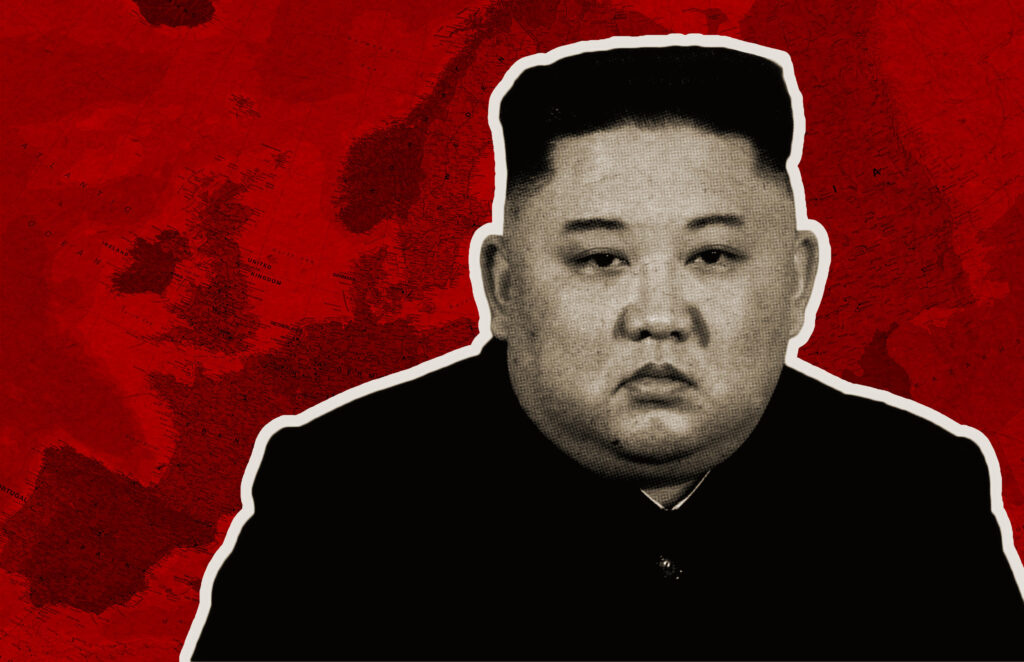North Korean Troops Fight Against Ukraine

The ongoing war between Russia and Ukraine has seen its fair share of international involvement, from military aid to political alliances. However, the recent entry of North Korean troops into the conflict, fighting alongside Russia, is a development that has caught the world’s attention. While this participation may not change the course of the war, it introduces a troubling new dynamic to the conflict that could have far-reaching consequences for global security.
North Korean Troops: Cannon Fodder or Game Changer?
As of now, reports indicate that around 11,000 North Korean troops have joined the Russian forces on the Ukrainian frontlines. According to Ukrainian officers, however, this new support for Russia will not significantly alter the course of the war. In their view, the North Korean soldiers are poorly trained, face significant language barriers, and are likely to be used primarily as cannon fodder. In a brutal assessment, Ukrainian sources suggest that the number of North Korean soldiers currently involved is equivalent to about two weeks’ worth of Russian troop losses on the front.
In essence, the presence of North Korean forces appears more symbolic than strategic at this stage. North Korea’s contribution, while seemingly large on paper, pales in comparison to the larger numbers of Russian and Ukrainian troops that have been engaged in the war since its beginning. The current influx of North Korean soldiers is seen as "anecdotal" and unlikely to change the battlefield dynamics in a significant way.
However, what could be more concerning is the potential for this involvement to grow. If North Korea continues to send troops, perhaps 11,000 soldiers every month, this could potentially add six months of longevity to Russia’s military campaign. This extension would buy time for Russia, allowing them to prolong the conflict and avoid a quick defeat, which is exactly what Moscow wants as it seeks to grind down Ukrainian resistance.
What is Russia Giving in Return?
The real concern isn’t the military impact of North Korea’s troops but rather the political and strategic trade-offs between Russia and North Korea. What does Russia offer North Korea in exchange for these soldiers?
One plausible answer is money, but that seems like only part of the equation. North Korea’s economy is heavily sanctioned and under strain, and while financial support is critical, more troubling possibilities lurk beneath the surface. The fear among analysts is that Russia might be offering nuclear technology or even functional nuclear weapons to North Korea in exchange for military support. If true, this could have devastating consequences for global security, particularly in East Asia.
North Korea has long pursued nuclear capabilities, and any additional support from Russia in this area would be a significant threat to the region. It could embolden Kim Jong-un’s regime to take more aggressive actions toward its neighbors, particularly South Korea and Japan. These countries are already within range of North Korean missiles, and the possibility of enhanced nuclear capabilities could increase tensions, heightening the risk of another localized conflict.
The Larger Geopolitical Game
This potential nuclear bargain aligns closely with Russian President Vladimir Putin’s broader geopolitical strategy. By encouraging North Korea to escalate tensions in East Asia, Russia can divert the West’s attention and resources from the conflict in Ukraine. The United States, South Korea, and Japan would be forced to refocus on the threat posed by an emboldened North Korea, weakening the collective Western response to Russia’s actions in Ukraine.
Putin has long sought to weaken Western alliances and divide their efforts. A new crisis in East Asia, triggered by North Korean aggression, could achieve exactly that. For Russia, the goal may not be an outright victory in Ukraine but a drawn-out conflict that strains Ukraine’s resources and, more importantly, the political and military resources of its Western allies.
Conclusion: A Troubling New Phase
The involvement of North Korean troops in Ukraine adds a dangerous new layer to an already complex war. While their presence may not turn the tide of battle, it raises questions about the geopolitical implications of Russia’s alliances. If North Korea’s military support for Russia is exchanged for nuclear technology, the consequences could be dire—not just for Ukraine, but for global security.
The world must remain vigilant in understanding the broader implications of North Korea’s involvement. This is not just about one conflict; it’s about how wars in one region can ripple across the globe, threatening stability in others. As the conflict drags on, the international community will need to address the risks of both military escalation and nuclear proliferation, ensuring that Putin’s attempts to destabilize multiple regions do not succeed.